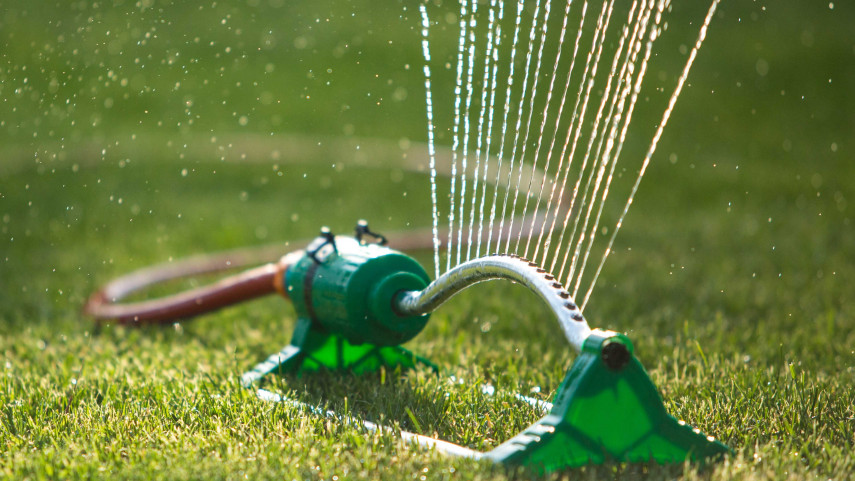
Invoices being sent to Christchurch's highest water users

Share this story
Excess water invoices will start being sent to Christchurch’s highest water users from this week.
Invoices are being sent out to the small proportion of households in the district who use, on average, more than 700 litres of water a day. Those high water users will pay a fixed rate of $1.35 for every 1000 litres they use over the 700 litre a day limit.
Households who fall into the high use category are not charged until their bill tops $25 – which equates to average use of approximately 900 litres a day.
“The main reason for bringing in these charges is to help reduce the high demand on our water supply and infrastructure over the peak summer months, because we know that a lot of the city’s water use is driven by leaks, gardening and irrigation,” says General Manager Resources and Chief Financial Officer Leah Scales.
Currently the average use for single residential dwellings is 470 litres a day – 79% of households account for 47% of our total water use and won’t receive a bill. This means 21% of households are using 53% of the water, and 4% of those are using 23% of the total water use. It is these high water users that the excess water use rate is targeting.
“Since we started signalling these charges were coming, we’ve already seen a drop of more than 10 per cent which is absolutely fantastic,” Mrs Scales says.
“We’ve also heard stories from a number of residents who’ve discovered and then fixed leaks. Some of the leaks were resulting in hundreds of thousands of litres of water being wasted each week, and were also causing damage to people’s properties.”
“If we can keep use down, it will mean in the longer term we won’t need to continue spending money expanding our network, and we will improve the sustainability of our supply.”
Ahead of the invoices going out, we’ve answered some of the most commonly asked questions about the excess water use targeted rate, including why it’s been introduced, and the community conversations we’ve had showing support for its introduction.
“One question that’s coming up a lot at the moment is a concern that shared meters are not being charged,” says Ms Scales.
“In general, households sharing a water meter are low to average water users because the majority are smaller properties within multi-unit developments with very compact or shared gardens.”
Mrs Scales says that data for the first billing period shows there are only 193 properties out of more than 25,000 on a shared meter that are deemed high water users, and would be eligible for a water bill. That is less than 1% of the total households.
“Shared meters are also read quarterly and where the water use is much higher than expected for the number of households, we’re going to contact the property owners to ask them to investigate and fix any leaks.”
Over time these shared meters will be replaced by individual meters, with the priority being set by water use.
“We really want to encourage anyone who is surprised by the amount of water they’re using to check for leaks or just think about ways to make small changes. For example, something as simple as using handheld hoses instead of sprinklers can result in big reductions in water use.”
Remission applications are also open for eligible households. Find out more about the criteria for remissions, what evidence is required and make an application on the Council website.
Payments can easily be made online or in person. There is no surcharge for online credit card payments.
